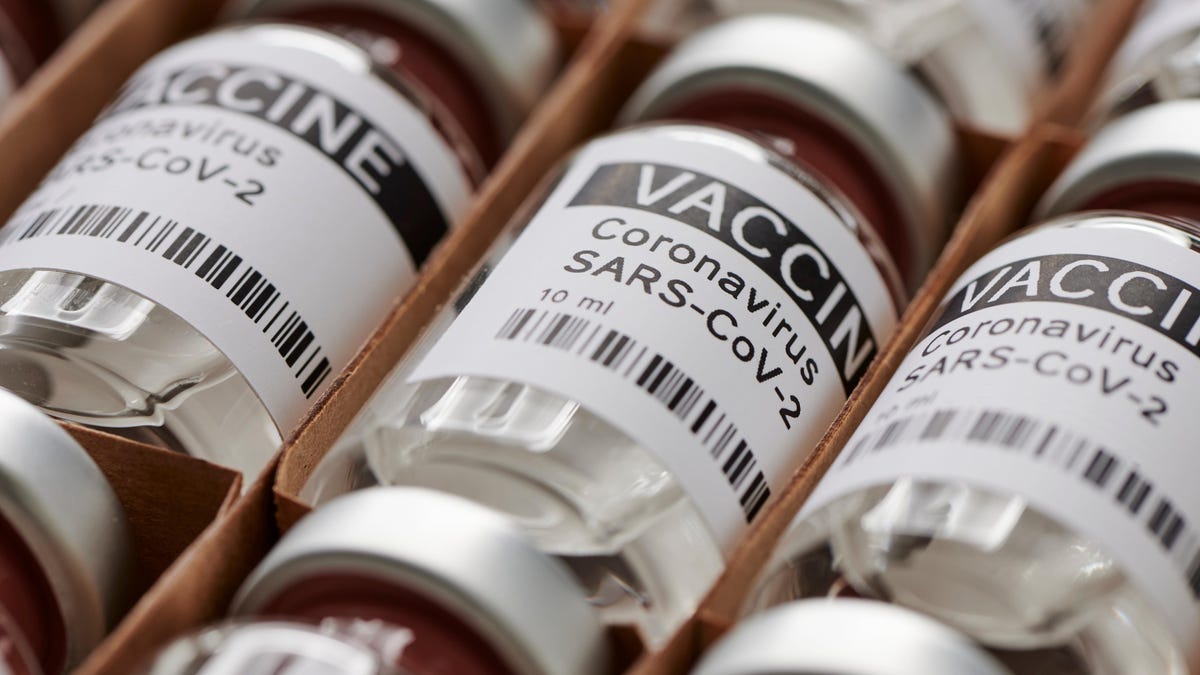Why Is It so Difficult to Get a New COVID Booster?

There’s a new COVID booster in drugstores , and all we can say about it is this: it’s good, it’s free, and you should get it. Unfortunately, the process of getting one of these shots doesn’t go smoothly for everyone: Some people are told they’ll have to pay for it, and some have their appointment canceled at the last minute. Let’s talk about what’s happening and what you can do about it.
The main reason for this confusion, by the way, is that we are no longer under the public health emergency declared at the beginning of 2020. This means some vaccination and testing programs are no longer working as well as they used to. Previously, government vaccination programs coordinated vaccine supply and payment; manufacturers, pharmacies and insurance companies must now include COVID vaccinations as part of their “regular” activities. And that transition was a little bumpy.
Yes, there is a new vaccine
First of all, what does any of this matter if you’ve already received the COVID vaccine? Because the new vaccine has been redesigned to match the COVID strains currently circulating. The original vaccines matched the original strain of the virus, and then a round of “bivalent” boosters was given that included both the original strain and the new one.
Current vaccinations simply include the new strain. Even if you have received one or more previous vaccinations, the CDC recommends that everyone age 5 and older get one dose of the new vaccine. (For children under 5 years of age and for people who are immunocompromised, dosage recommendations vary slightly. Everyone 6 months of age and older is recommended to receive some form of the updated vaccine.)
The vaccine is still free
Recommended vaccines should be free for everyone because the Affordable Care Act classifies them as preventive care. But now that we’re no longer under a national emergency declaration, the behind-the-scenes logistics of who pays for the vaccines and how have changed.
Notably, the billing code for COVID vaccines has changed . If your pharmacy is using a new code and your insurance company has not yet updated its system, you may be told that your insurance does not cover the vaccine. It’s a mistake, it’s not your fault, and the insurance company still has to pay for your vaccine.
But since the insurance company is paying now, they may require you to use in-network providers. Call or check with your insurance company to make sure you can get the vaccine at the pharmacy or clinic that’s right for you.
…even if you don’t have insurance
If you don’t have private insurance, the vaccine is still free. Medicaid and Medicare cover the cost of the vaccine, and there is a Bridge Access Program to provide the vaccine free of charge to uninsured people. According to the Centers for Disease Control and Prevention (CDC), the best way to find free vaccines without insurance is to use the vaccine clinic search on vaccination.gov and check “Bridge Access Program participant” in the search filters. Many community pharmacies participate in the program.
Confirm your appointment before you leave.
The turbulent rollout has delayed some vaccine shipments, causing appointments to be cancelled. Another problem is that pharmacies don’t always have enough staff to make appointments; The Wall Street Journal reports that CVS is asking its corporate employees to work shifts at stores to make sure they have enough workers to get vaccinated.
With this in mind, it may be worth calling ahead to confirm that your appointment will still take place. The vaccines have only just become available, so it’s likely that if you make an appointment in a week or two, access may be a little smoother.